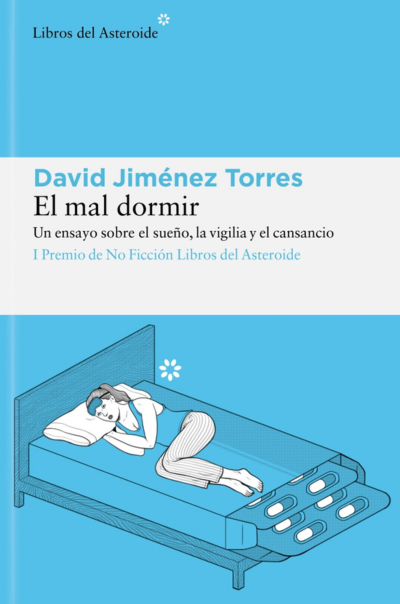Spain is the country where small businesses spend the most hours dealing with bureaucracy. This fact was discovered through an international Index in which several European think tanks, including Fundación Civismo, calculated the time devoted to various procedures involved in running a business.
Spain demonstrated a total of 369 hours spent on paperwork related to the hiring and firing of personnel, registration and management of work times, payment of taxes and contributions by employees, implementation of legal changes, conducting mandatory statistical reports, waste management, certifications, and occupational risk prevention tasks, among others. This is six hours more than last year.
The Index also includes Italy (312 hours), Lithuania (271, which increased compared to 27 hours in 2019), the Czech Republic (223, 3 hours less than in the previous Index), Slovakia (217, four less than last year) and Macedonia (154 hours). After studying the operations of a model company with four employees over the course of a year, this European study has discovered a gap between labour policies, with their consequent bureaucratic obligations, and the day-to-day life of these small companies. Over time, this burden is detrimental to the productivity and economic performance of the businesses.
Spain is the country out of the whole sample which spends the most time on paperwork related to the company’s operations: it costs almost 259 hours to manage tax administration, waste, vehicles, and the prevention of occupational risks. Obligations related to human resources —namely payment of salaries, taxes and contributions, hiring and dismissals, and recording of working times — occupy almost 106 hours, which places us as the second highest behind Italy, which occupies more than 124.
On the contrary, Spain, at only five hours a year, is the country which spends spend the least time on other bureaucratic matters of a legal, statistical or certificatory nature.
International Bureaucracy Day is celebrated on September 29, and initiatives such as this Index aim to raise awareness among legislators of the excessive burden imposed on businessmen, and the need to lighten this so that they can dedicate towards other areas that would increase economic and social productivity.






